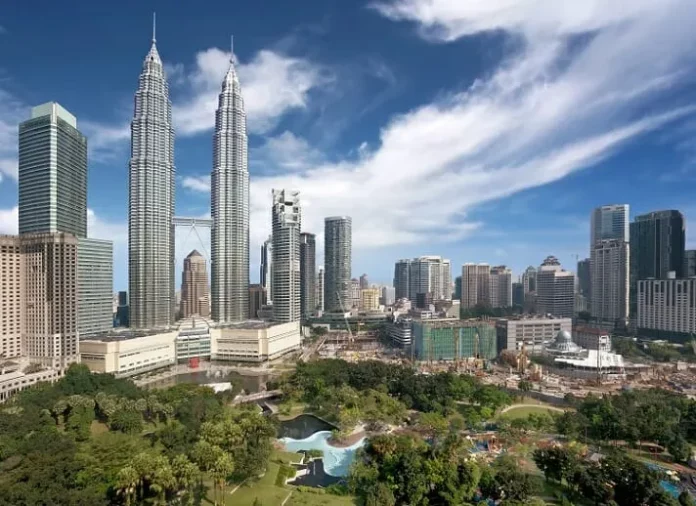Malaysia has gone up in ranking from 52 to 49 out of 165 countries and territories in the Economic Freedom of the World: 2022 Annual Report, released by the Center for Market Education in conjunction with Canada’s Fraser Institute.
However, the improved ranking does not reflect a better score, but a relative deterioration in the ranking of other countries. In fact, while the overall Economic Freedom rating for Malaysia was 7.52 in 2019, it declined to 7.35 in 2020.
“When jurisdictions increase taxes and regulations, the people become less economically free, which means slower economic growth and less investment,” said Fred McMahon, Dr. Michael A. Walker Research Chair in Economic Freedom with the Fraser Institute.
Hong Kong and Singapore again top the index, continuing their streak as 1st and 2nd respectively, while Switzerland, New Zealand, Denmark, Australia, the United States, Estonia, Mauritius and Ireland round out the top 10.
“The most recent comprehensive data are from 2020,” McMahon said. “Hong Kong is already showing a decline in freedom in 2020 and we expect the decline to continue going forward.”
“The same may be recorded for Malaysia in 2021 – added Dr Carmelo Ferlito, CEO of the Center for Market Education – as the country was among the strictest ones in terms of lockdowns and growing role of government control over the economy.”
The report, launched in 1996, measures economic freedom—the ability of individuals to make their own economic decisions—by analyzing several indicators including regulation, size of government, property rights, government spending, and taxation. The year’s report, based on 2020 data (the most recent available), also captures the effect of COVID-related restrictions.
The 10 lowest-rated countries are the Democratic Republic of Congo, Algeria, Republic of Congo, Iran, Libya, Argentina, Syrian Arab Republic, Zimbabwe, Sudan, and Venezuela. (Despotic countries such as North Korea and Cuba can’t be ranked due to a lack of data.)
According to research in top peer-reviewed academic journals, people living in countries with high levels of economic freedom enjoy greater prosperity, more political and civil liberties, and longer lives.
For example, countries in the top quartile of economic freedom had an average per-capita GDP of US$48,251 in 2020 compared to US$6,542 for bottom quartile countries. And poverty rates are lower. In the top quartile, 2.02 percent of the population experienced extreme poverty (US$1.90 a day) compared to 31.45 percent in the lowest quartile. Finally, life expectancy is 80.4 years in the top quartile of countries compared to 66.0 years in the bottom quartile.
“Where people are free to pursue their own opportunities and make their own choices, they lead more prosperous, happier and healthier lives,” McMahon said.
The Fraser Institute produces the annual Economic Freedom of the World report in cooperation with the Economic Freedom Network, a group of independent research and educational institutes in nearly 100 countries and territories. It’s the world’s premier measurement of economic freedom, measuring and ranking countries in five areas—the size of government, legal structure and security of property rights, access to sound money, freedom to trade internationally, and regulation of credit, labour, and business.
Malaysia scores in key components of economic freedom (from 1 to 10 where a higher value indicates a higher level of economic freedom):
- Size of government: changed to 7.12 from 7.04 in the last year’s report
- Legal system and property rights: changed to 5.88 from 5.83
- Access to sound money: changed to 8.32 from 8.41
- Freedom to trade internationally: changed to 6.97 from 7.63
- Regulation of credit, labour and business: changed to 8.47 from 8.67
“The figures show – like the general rating – a trend toward deterioration in economic freedom: in fact, despite improvements in the size of government and legal system, we observed deterioration in the access to sound money, in the freedom to trade internationally and in the regulation of credit, labour, and business. We expect these figures to deteriorate further next year. At the same time, such figures indicate the road of action to put Malaysia back on track on the path toward economic freedom: we should not forget that in 1980 Malaysia ranked 22 (rather than the current 49) and in 1990 it improved to the 18th position”, concluded Dr Ferlito.









